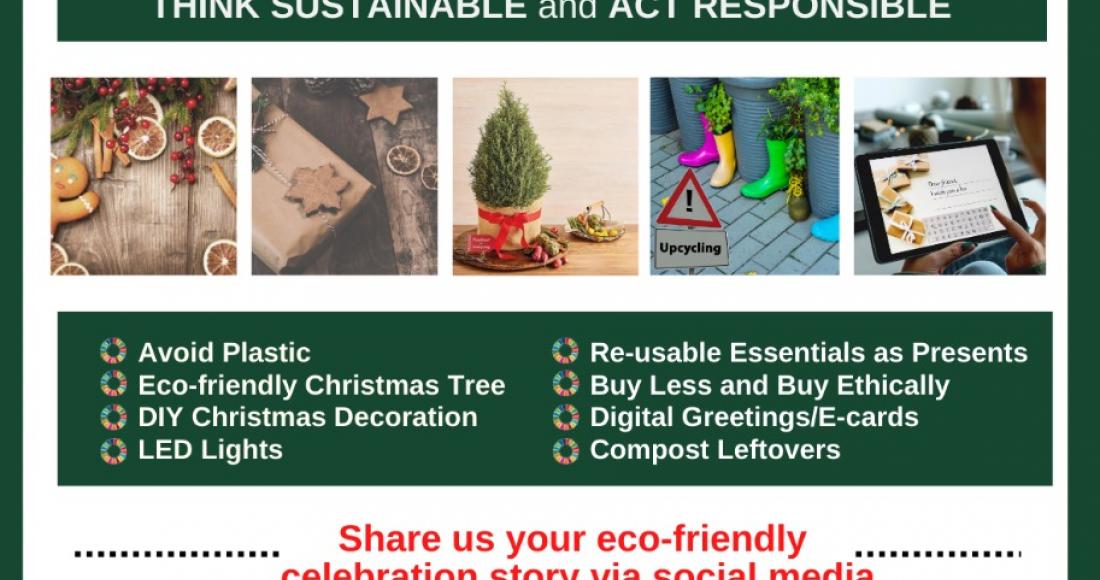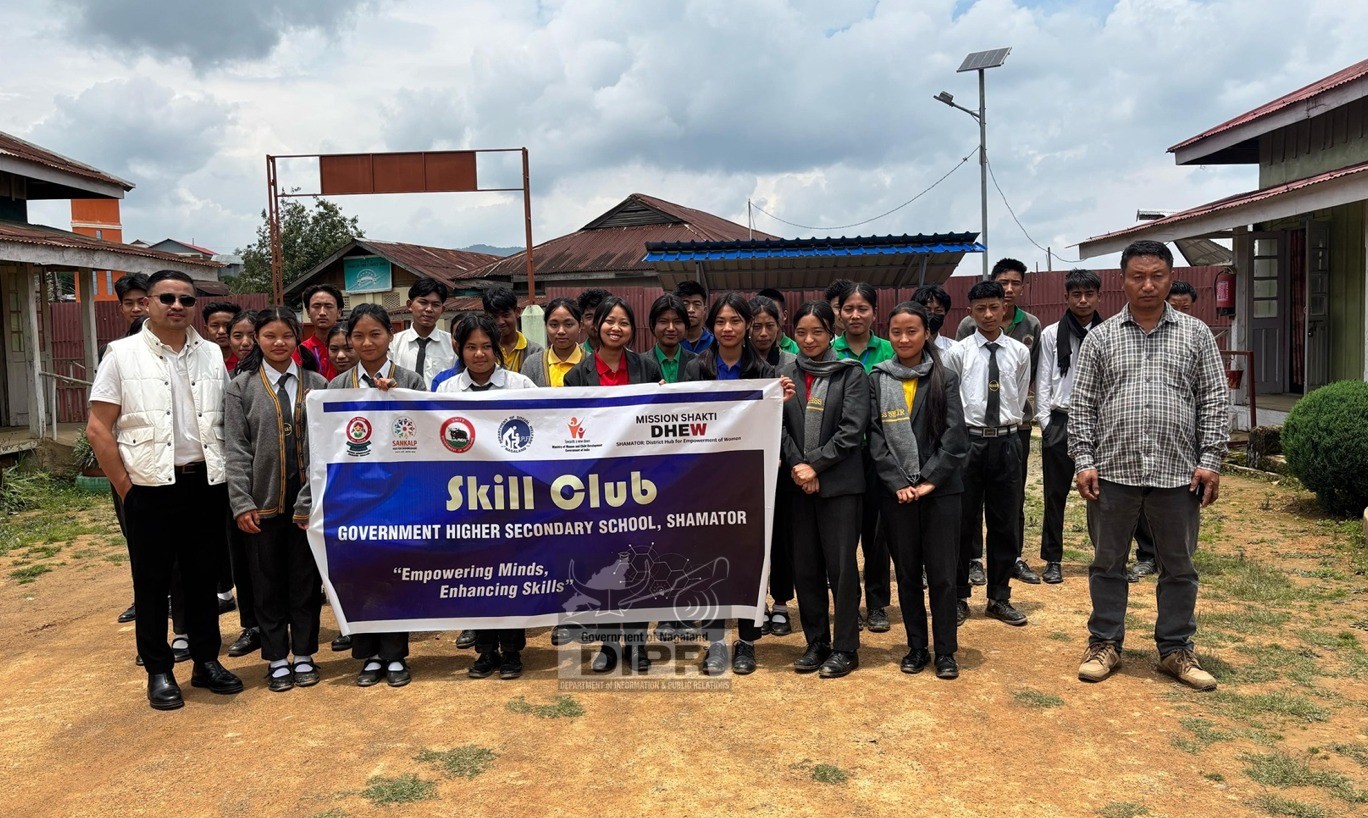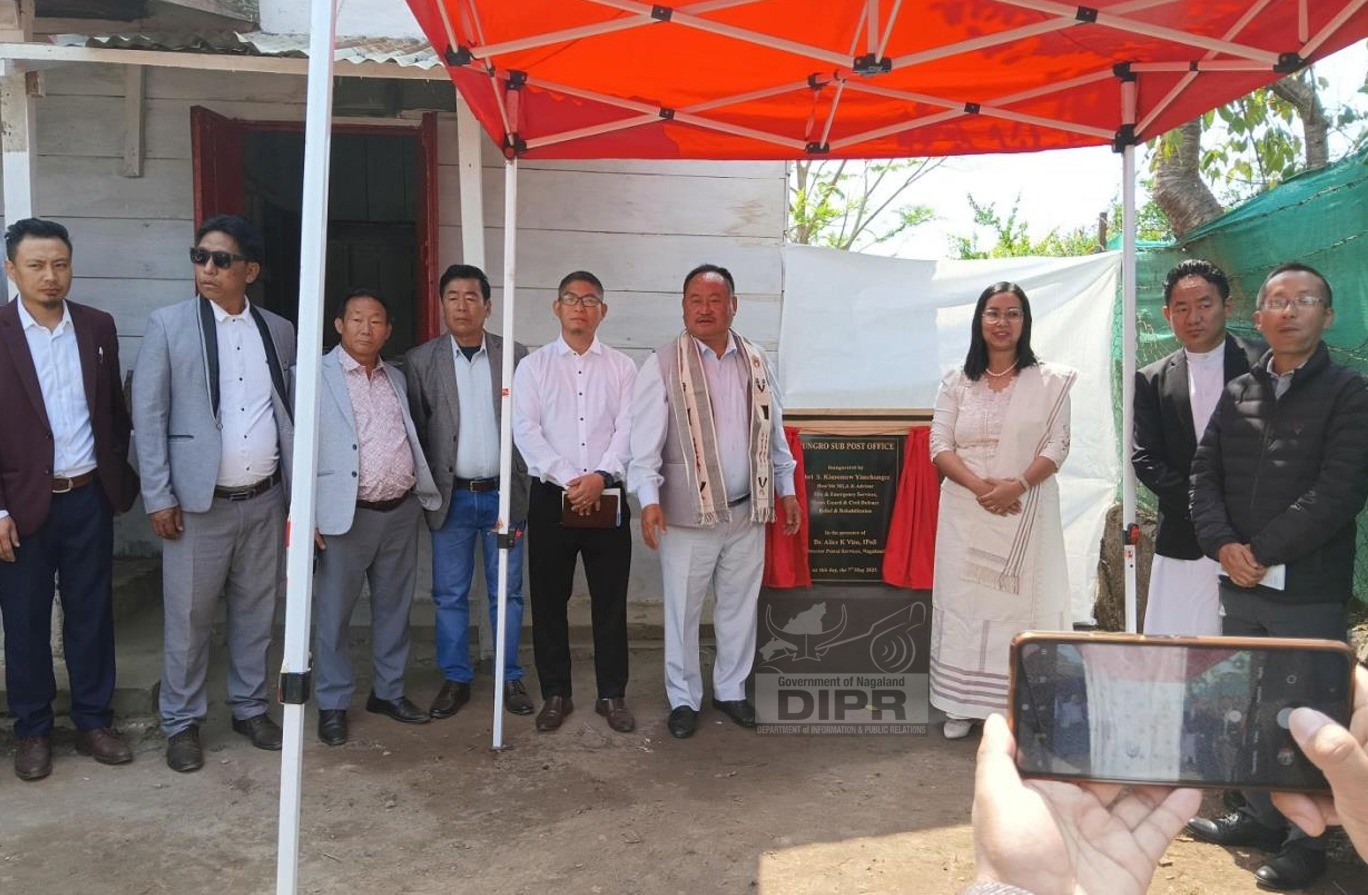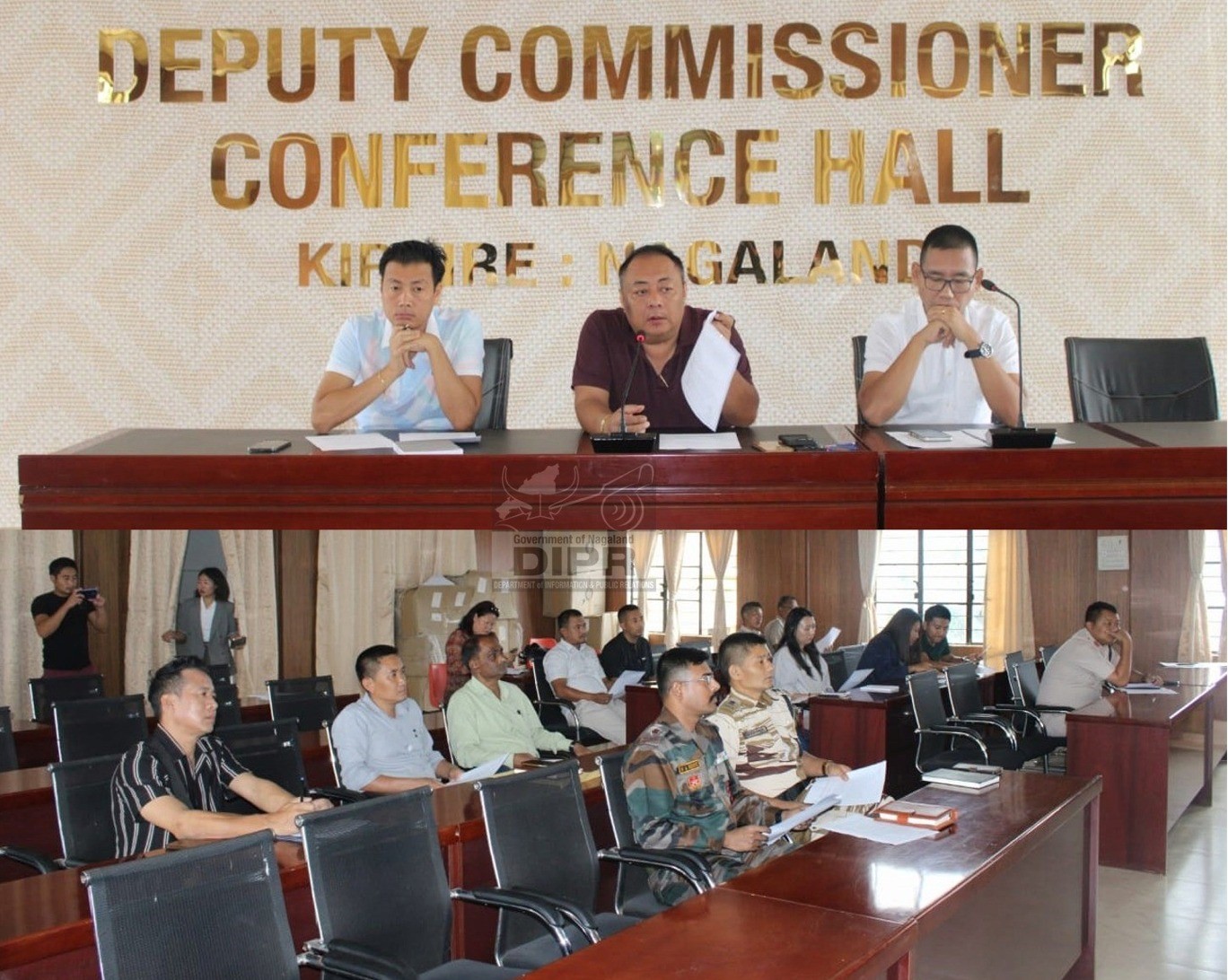The SDG Coordination Centre (SDGCC) of the Planning & Coordination Department has launched the third edition of the ‘Nagaland for Green Christmas’ campaign this year. This Campaign focuses on mobilizing all the residents of Nagaland to celebrate a sustainable and environment-friendly Christmas. The key objective of this campaign is to align the Christmas festival celebration to the United Nations’ Sustainable Development Goals (SDGs) dissemination and spark on-ground action across the state for making this Christmas and beyond, sustainable. Nagaland has shared the responsibility to make SDGs a reality for the state, the country, and the world, as a whole.
Christmas is the most wonderful time of the year but not the most environmentally friendly. ‘Nagaland for Green Christmas’ is an endeavor to continue the effort towards a state-wide sustainable and environment-friendly Christmas to reduce carbon emissions. From the type of decorations we buy to the food we eat, everything – no matter how big or small – can make a huge difference. Some of the simple and effective ways of having a greener Christmas would be avoiding plastics, decorating eco-friendly Christmas trees, DIY decorations, switching to LED lights, gifting reusable essentials, sending e-cards, buying ethically, composting the leftovers, connecting to nature, and suchlike. The key is to be mindful and incorporate small changes and considerations into our normal routine- think about the items we buy, how we use them, and how we dispose of them as well.
SDGCC is also encouraging residents of the state to share their eco-friendly celebration story via social media handles tagging @sdgccnagaland with hashtags- #NagalandForSDGs #NagalandForGreenChristmas. For more information, visit SDGCC's social media handles.
The Government of Nagaland through the SDGCC has been mobilizing individuals, communities, departments, institutions, and agencies, and to take action for the achievement of the SDGs, whilst building coalitions across communities and societies at the local level. This is yet another effort towards achieving the SDG Vision 2030.
(DIPR)






